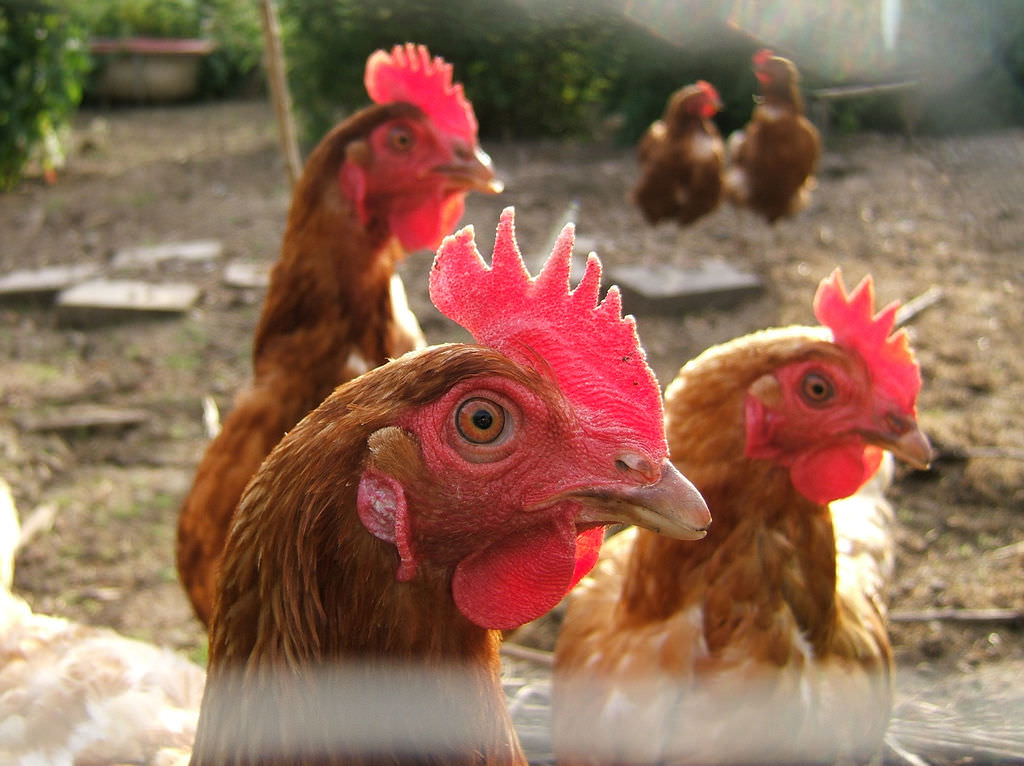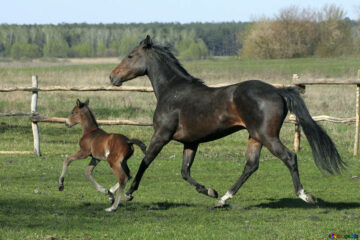Start a Backyard Chicken Coop
There are some important things to know before you start a backyard chicken coop. According to our research, we found mostly resistance, not acceptance, to backyard chicken coops in the Fraser Valley. This seems to be because of the fear of avian flu in our poultry population.
Protecting Farms From Infection
This is a more than reasonable fear due to the area having industrial chicken farms that need to be protected from disease. Our large poultry industry is the livelihood of many farmers in the Fraser Valley. There is fear that people who start a backyard chicken coop can cause real destruction to farmers in the community. Results can be devastating.
In February 2004, more than 17 million fowl were culled because of a severe outbreak of the H7N3 avian influenza virus. Those of us who remember this time know how horribly disturbing it was. It proved devastating to many farmers and animal lovers alike.
Zoning Bylaws
There are still many residents that seek to amend the zoning bylaws to allow them to start a backyard chicken coop in areas like Langley. One argument made by Mayor of Langley Township, Jack Froese, points to rodents such as rats that are attracted to residential coops.
“And we have a very large poultry industry,” on agricultural zoned land, said the mayor, who was raised on a chicken farm and who currently owns a turkey farm run by his son.
“In 2004, the effects of the avian flu were dramatic. So we’re cautious where these things go.”
But the township doesn’t send out bylaw officers to make sure the law is upheld.
“If someone has a couple of hens and the neighbours don’t complain, it’s not an issue,” Froese said. “We enforce the bylaw on a complaint basis.”
Limited Number Permitted
If you live in some of the areas listed in this blog, you may legally have a limited number of chickens. The laws regarding whether chicken coops are allowed and the number of chickens permitted, vary by municipality.
Licensing
There is so much to know before you start a backyard chicken coop. Before you purchase your hens, be sure to get a license. Licenses are free—just go to the City’s online registry. You will have to review the city’s regulations and hen care documents like Bird Health Basics.
Surrey allows a maximum of 12 chickens permitted on land 1 acre or greater.
Delta allows a maximum of 12 chickens permitted for lots 0.20 hectares (half acre) or greater.
New Westminster allows a maximum of 8 chickens permitted on a lot 6000 sq feet or greater; 1 additional chicken permitted for every 750 sq ft over 6000 sq feet to maximum of 50.
Vancouver is allowed a maximum of 4 hens.
Prohibited
No roosters permitted. Ducks, turkeys, or other fowl or livestock (such as goats), are not allowed.
Eggs, meat, and manure cannot be used for commercial purposes.
Backyard slaughtering is not allowed
Be aware that many of these owners of backyard chicken coops receive noise complaints and unsightly premises complaints every year.
Because chickens are very sociable, plan to keep four to six birds. You can only keep four hens—no roosters. Hens are for egg-laying purposes only. You can’t buy chicks because they can turn out to be roosters. Roosters are also very loud and you may have complaints from your neighbors with regard to noise.
What to Buy
When you purchase your hens, you should buy pullets, which are female chickens, at about four to six months old.
To buy laying hens, I suggest you try Fraser Valley Auctions in Langley. They’ve been selling livestock for 25 years.
Space
Your hens will need space so plan to allow at least 2 square feet of coop floor per hen. The more space, the happier and healthier the chickens will be. Being overcrowded can contribute to disease and feather picking.
The birds will need a place to spread their wings, so a 20 ft. x 5-ft. chicken run, or a whole backyard would be the best scenario for your feathered friends. It’s important that the hens are able to enjoy the fresh air and outdoors. Any space where the chickens are, must be fenced securely to keep them in and predators out. Add chicken-wire fencing and posts or T-bars to support it, when you start a backyard chicken coop. Your own pet can be a predator so be sure to protect your birds.
Eggs
Hens lay eggs without the help of a rooster. Female chickens produce eggs whether or not a male fertilizes them. Hens, not unlike other animals, have instincts that manifest as a motherly desire to sit on and hatch her eggs. They call this behavior, “broody.”
Broody hens will deplete the egg count, and bring down productivity. The way to avoid this becoming a problem is to collect your eggs daily.
A healthy hen will generally lay five to six eggs a week. This productivity should last from about six months to five years of age, but this will largely depend upon the breed of hen. You should always do your research before buying a particular breed. See BackYardChickens.com.
Always be vigilant about the care of the birds when you start a backyard chicken coop and inspect them regularly to keep them healthy and keep any infestation under control.
Free range eggs are one of the most perfect foods known to man. Their healthful versatility and great taste make it possible to enjoy them at any meal in the day.




